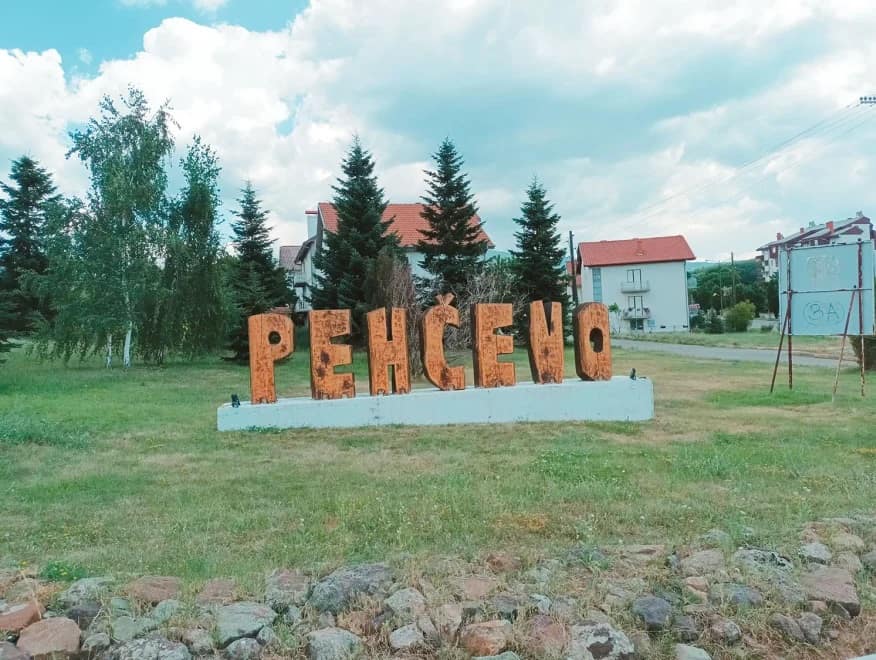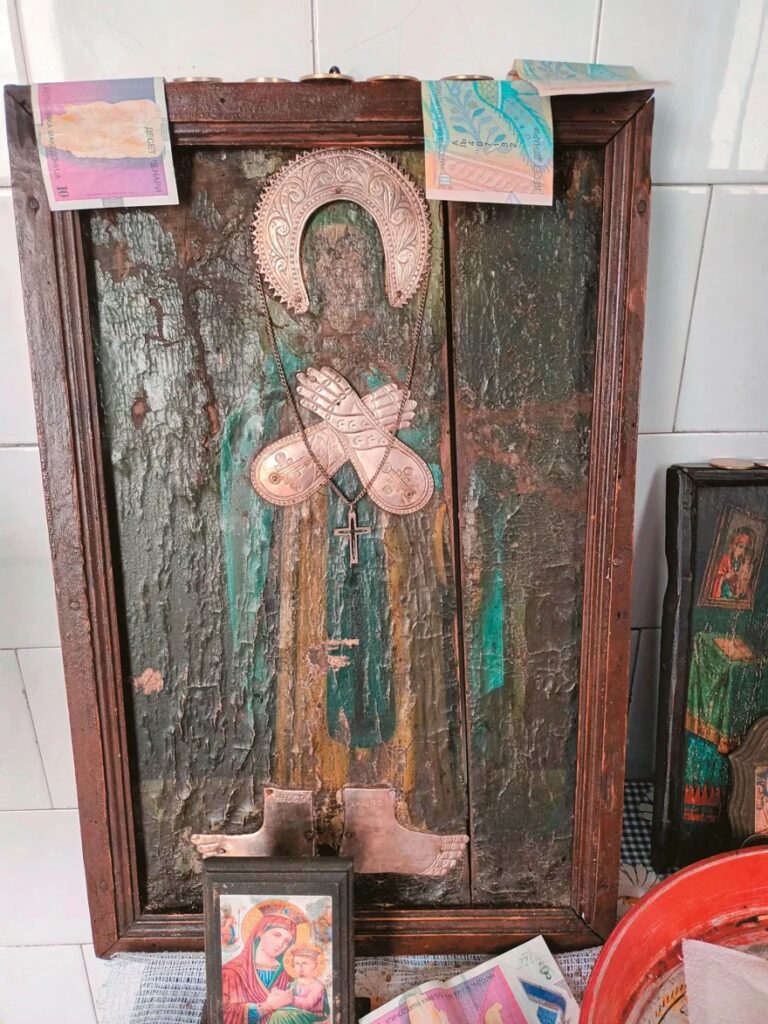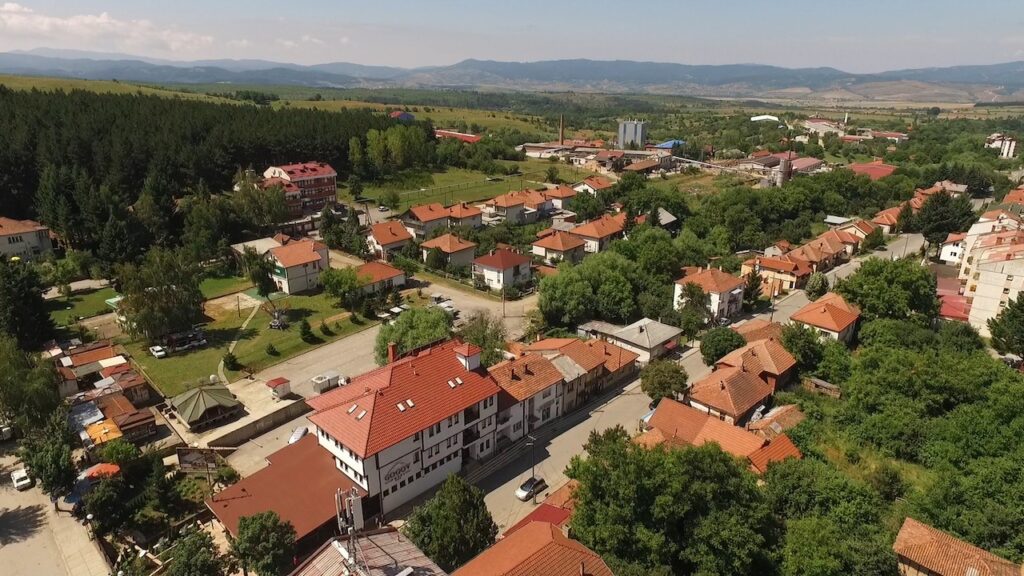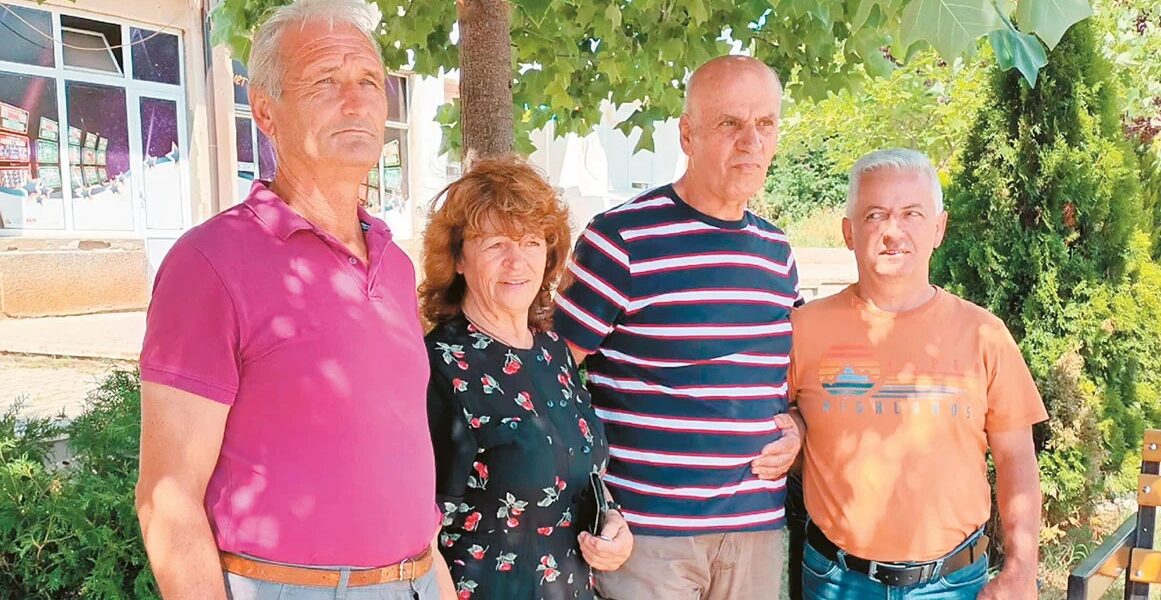With the population exchange of 1923, they left Gallipoli in Eastern Thrace, but the new homeland "did not find a village to house them," and they went to southern Serbia - They speak broken Greek, proudly declare their origin, and ask for Greek citizenship.
Pehčevo is a small town in North Macedonia, next to the border with Bulgaria. It is 120 km from the Doirani border station, and its population is mostly Greek, numbering 3,200 inhabitants.
Most of the city's population is of Greek origin since they are descended from Eastern Thracian refugees who settled there after the Treaty of Lausanne and the population exchange between Greece and Turkey (1923).
The history of these Greeks remains interesting. Their ancestors started from the villages of Gallipoli and first found themselves in Thessaloniki, and from there in Pehčevo, which at the time was southern Serbia, where "there were available empty houses and fields, from Turks who immigrated to Turkey, as well as jobs in the nearby mines", they said.
Poverty and uncertainty about the future made them take the difficult decision, leaving relatives and fellow villagers behind in Greece.

Built on a plateau at 1,158 metres, with forested slopes and heavy winters, life was not easy for the seaside Thracians. Life in the new homeland was not easy, since they stood out among the Slavic majority.
The natives derogatorily called them "Grachulians" and in the early years avoided any contact with them. They spoke Greek in secret, they were forbidden to have any contact with relatives in Greece, while every time the administration changed they also changed their last name.
Thus, during Serbian rule Stefanidis became "Stefanovic", during Bulgarian occupations "Stefanov" and after the creation of the current state under Tito, "Stefanovski".
The icon of Agia Paraskevi, brought from their lost homeland by their ancestors, is the most important religious relic that they keep in a private chapel as the apple of their eye.

In 2022, the Greeks of Pehčevo founded the Association of Greeks - Gallipoli-Pehčevo, with the aim of learning the Greek language and preserving historical memory.
"We founded the association not to lose our roots. So that we know our origin and how we ended up here," club president Stavros Stefanidis told Proto Thema in his little, broken Greek, citing stories his grandparents told him about the lost homeland in Gallipoli and on the other, Greece, which "did not find a village to house them."
Greece officially recognises the existence of a Greek community in Pehčevo. During the period when the current Deputy Minister of Foreign Affairs Mrs. Alexandra Papadopoulou was head of the Greek Liaison Office in Skopje (2007-2012) she visited Pehčevo and maintained contacts with the community.
At the same time, a Greek tutoring school was also operating, which is no longer the case.
"In the past, the embassy in Skopje sent us a Greek language teacher every week. It is important for us, because many people want to learn Greek," Mrs. Frosso Karakutovska told Proto Thema, stressing that the help of the Greek diplomatic authority was recently requested again.
"We want Greek identities"
For the expatriates in Pehčevo, the most important issue they raise is the granting of Greek citizenship, a matter related to the recognition of their national origin.
"We don't want identity cards to go to Europe for work. We want IDs because we are Greeks. My father wanted to get an identity card and die as a Greek and not as a 'Macedonian'," said the president of the association.

In recent years, Bulgaria's aggressive diplomacy in Skopje has resulted in 100,000 citizens acquiring Bulgarian citizenship, mainly due to the desire to obtain a Bulgarian passport in order to be able to work in European countries and not due to any "pro-Bulgarian" conscience.
Among them, many expatriates of Pehčevo obtained a Bulgarian passport.
"Many of us, seeing that there was no interest from Greece, turned to Bulgaria for passports. Most of them started a new life in European countries not as Greeks, but as Bulgarians," Mrs. Karakutovska told Proto Thema, expressing her complaint about the absence of Greece.
"100 years have passed since our parents came to these lands. They died with the hope that they would return permanently to Greece," said Manolis Stefanovski (Stefanidis) in turn, stressing: "I don't want a passport to go to Europe. I want it so I can proudly say 'I am Greek'."
In recent years, Greece has granted citizenship to many expatriates in Skopje, mainly in the Monastiri (Bitola) area, where important centres of the city's once strong Greek community remain.
READ MORE: The unknown Greek village in Hungary.


